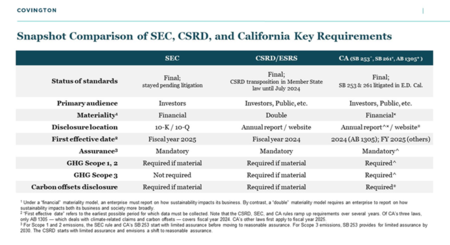As life expectancies rise, so does the risk of dementia. Researchers at Karolinska Institutet have now studied how an active, non-smoking lifestyle can influence this correlation. The results, which are published in PLOS Medicine, suggest that good cardiovascular health gradually decreases the risk of dementia.
Previous studies suggest that efforts to improve cardiovascular health can reduce the global incidence of dementia by up to one third. However, there is little research on whether good cardiovascular health in middle age affects the likelihood of developing dementia later in life.
Researchers at Karolinska Institutet and colleagues from, amongst other bodies, the Finnish Institute for Health and Welfare have interrogated this correlation with data stretching back over three decades.
Smoking, physical activity and BMI
The study builds on a Finnish research project on cardiovascular risk factors and age-related dementia. The results of the new study are based on 1,449 participants followed from 1972-87 to 1998, and 744 survivors followed for a further eight years from 1998 to 2005-2008.
The cardiovascular health of the participants was evaluated from middle age to late life according to three lifestyle factors – smoking, physical activity and BMI – and three physical values – fasting blood sugar level, cholesterol and blood pressure.
Low blood pressure misleading in the elderly
The researchers found that participants with medium or high cardiovascular health from middle age onwards ran a lower risk of dementia later in life. The lifestyle factors seem to have a particular impact on the trend, above all the absence of a smoking habit.
They also found an unexpected correlation between desirable physical metrics and dementia amongst the older study participants.

Photo: Karolinska Institutet.
“Low blood pressure and low cholesterol are also common in patients with dementia, and in this sense these values overlap each other in this context,” says the paper’s first author Yajun Liang, assistant professor at the Department of Global Public Health, Karolinska Institutet.
The researchers note that the study lacks data on the participants’ diets or their midlife plasma glucose. Since it was an observational study, no causal relationship can be established.
The studied was financed by the Academy of Finland, the Swedish Research Council, EURO-FINGERS, the Swedish Research Council for Health, Working Life and Welfare (Forte), the Finnish Cultural Foundation, the Juho Vainio Foundation, the Jalmari and Rauha Ahoka Foundation, the Swedish Alzheimer’s Foundation, the Alzheimer’s Research and Prevention Foundation, the Centre for Innovative Medicine at Karolinska Institutet, the AXA Research Fund, the Knut and Alice Wallenberg Foundation, the Stockholm Sjukhem Foundation, King Gustaf V and Queen Victoria’s Foundation of Freemasons, the Swedish Brain Fund, HATICE, the US Alzheimer’s Association, the Swedish Foundation for International Cooperation in Research and Higher Education (STINT) and Karolinska Institutet. There are no reported conflicts of interest.
This article is based on a press release from PLOS Medicine.
Publication
“Cardiovascular health metrics from mid- to late-life and risk of dementia: A population-based cohort study in Finland“. Yajun Liang, Tiia Ngandu, Tiina Laatikainen, Hilkka Soininen, Jaakko Tuomilehto, Miia Kivipelto, och Chengxuan Qiu. PLOS Medicine, online 15 December 2020, doi:10.1371/journal.pmed.1003474.








